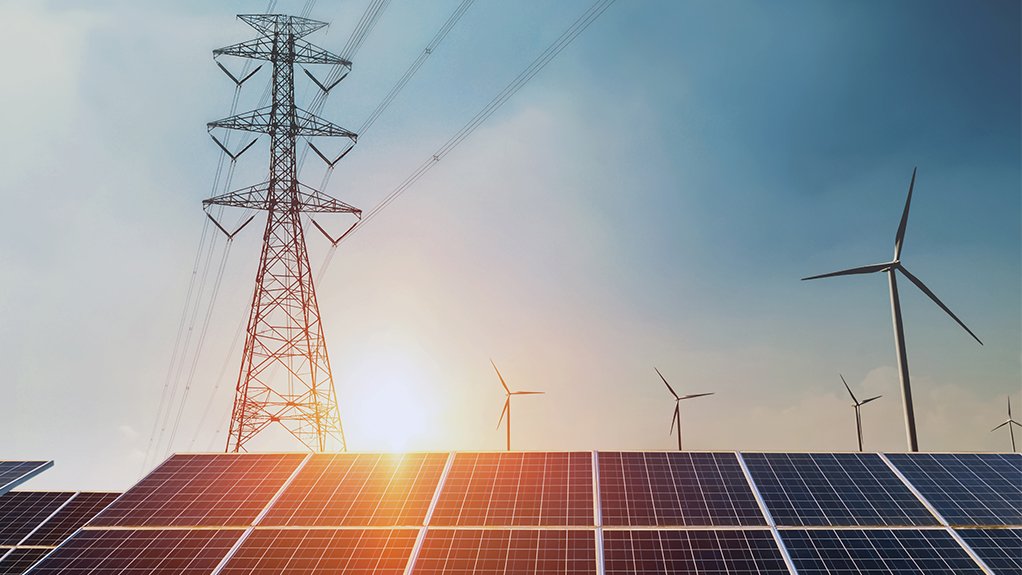Business Unity South Africa (Busa) has warned that, despite optimism generated by recent gross domestic product (GDP) numbers, this growth “has been rolled back” by the load-shedding implemented by State-owned power utility Eskom in the past two weeks, which escalated to Stage 4 on June 9.
First-quarter GDP growth for this year grew by 1.1% compared with the last quarter of 2020, but the recent bouts of load-shedding have had a devastating impact on businesses in all sectors of the economy and are introducing hardship for citizens.
Busa noted that the electricity crisis was worsening and that “government does not demonstrate the necessary urgency to address this crisis”.
Energy security, the association said, is the number one priority for economic recovery and growth, besides the roll-out of Covid-19 vaccines.
“Eskom’s efforts are commendable but insufficient to ensure electricity security. The current generation infrastructure is old, dilapidated and simply not able to meet the country’s electricity needs,” Busa stressed, adding that this “emphasises the urgent need to bring onto stream different forms of energy, which include solar, renewables and embedded generation”.
This has got to be the urgent priority for government, the association urged.
Referring to government’s reliance on the Integrated Resource Plan of 2019 (IRP2019) as a guide, Busa said the plan is “woefully outdated” in that the energy availability factor is actually 10% less than assumed.
The supply gap is closer to 8 000 MW, rather than 2 000 MW, Busa said, noting that the implementation of the IRP2019 is delayed, with not a single MW being procured or commercialised, 20 months after the gazetting of the plan.
The Risk Mitigation Independent Power Producer Procurement Programme has also faced criticism as an “emergency lever” and is facing serious risk of further delay.
Eskom’s Short-Term Power Producer Programme and the recent call for additional power from independent power producers that built plants under bid windows 1 to 3 of the Renewable Energy Independent Power Producer Procurement Programme have faced similar criticisms for imposing requirements that restrict the capacity that could come online.
Busa maintained that, in line with its recent submission on Schedule 2 of the Electricity Regulation Act, that the most practical, fastest, least-cost and least-risk option for security of supply was through enabling embedded generation.
Schedule 2 is currently not an enabling policy and many recommendations have been made; however, there are two critical areas that must be addressed expeditiously, the association urged. The first is that the exemption threshold under Section 3 “be lifted to at least 50 MW”, and, secondly, that licence-exempt facilities must accommodate willing buyer/willing seller arrangements.
“Many benefits and opportunities can be realised through enabling embedded generation and accelerating a more diverse energy mix. There is pressing need for deep regulatory and policy reform for South Africa’s energy,” Busa asserted.
It reiterated that government should treat the energy crisis with the urgency it merited and that government should affect the changes needed to create the enabling framework, particularly to bring alternative energy sources on stream.
EMAIL THIS ARTICLE SAVE THIS ARTICLE ARTICLE ENQUIRY
To subscribe email subscriptions@creamermedia.co.za or click here
To advertise email advertising@creamermedia.co.za or click here











